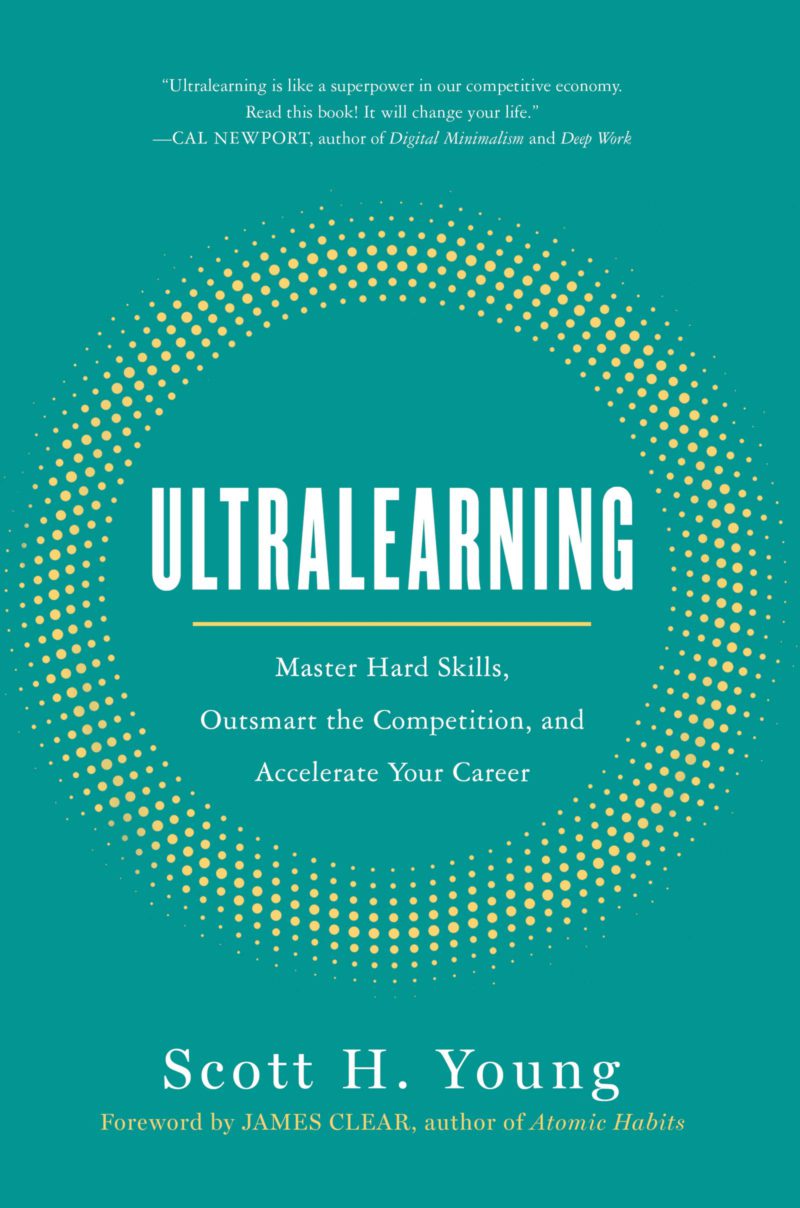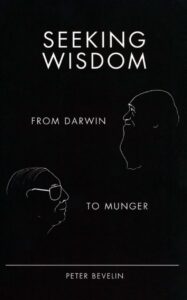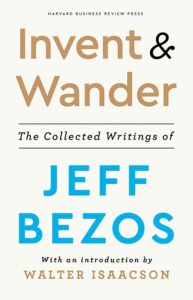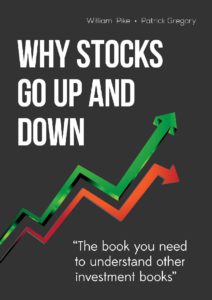Obsessive intensity and Retrieval practice.
" In many ways, the process of writing this book was a reflection of its subject—an ultralearning project to write a book about ultralearning. Ultralearning isn’t easy. It’s hard and frustrating and requires stretching outside the limits of where you feel comfortable. However, the things you can accomplish make it worth the effort.
Subjects: Education
Ultralearning or extreme learning is like HIIT or High-Intensity Interval Training that involves short bursts of intense exercise alternated with low-intensity recovery periods. In Ultralearning however it is not short burst, but long burst of high intensity learning with constant feedback and improvement. We all know what we hate to do in learning a subject (learning and recalling, intensity, attempting difficult problems) is what is most usually the most useful instead just leisurely going through a book.
Ultralearning: Accelerate Your Career, Master Hard Skills and Outsmart the Competition can be useful as the title says as specialisation and constant learning are very important, and in digital age with full of distractions, it is getting more and more difficult.
What is this book about ? The author talks about it, and in view is a summary of this book.
Beyond research, this book was a challenge for me as a writer. My writing experience comes from blogging, not authoring books. Striking the right tone in a book is hard, and it’s quite different from the casual daily missives in a blog. I knew from the start that I wanted to share the stories of others and their exploits, not just recount my own experiences. That was initially quite challenging. Most biographies and published stories don’t focus on learning methods. Even when learning is the central theme of the story, most biographers are satisfied to be in awe of talent, rather than dig into the specific details of how a person did a particular thing. My research efforts frequently involved scouring a five-hundred-page biography for the several paragraphs in which concrete details about learning methods were mentioned in passing.
Sitting in my den at home are stacks of binders filled with thousands of pages of printed journal articles. My bookshelf now has dozens of obscure, out-of-print monographs on thin slices of the question of how people learn. Recordings of calls with various researchers helped me realize how much nuance there is to even simple questions such as “Is feedback helpful?” and “Why do people forget?” I’ve poured over numerous biographies of famous intellectuals, entrepreneurs, and scientists to try to arrive at an understanding of how they approached learning. In many ways, the process of writing this book was a reflection of its subject—an ultralearning project to write a book about ultralearning.
The book revolves around 9 principles that the author has found all ultralearners use. There are numerous examples of ultra learners from Ramanujan to Feynman. However most of them are considered geniuses with IQ levels above 160s. Would this method work for a commoner ?
It can certainly help as the 9 principles are Planning –> Focus –> Directness –> Drill –> Retrieval –> Feedback –> Retention –>Intuition –> Experimentation.
As the author said this was an ultralearning project about ultralearning, these principles are an attempt to simplify what really is special about ultralearners. Is it the intensity, the IQ or the process ? We commoners can only have the process, cant really hope to have an IQ like Warren Buffett.
So go through the process, go as hard as you can like HIIT, and certainly one can see the results. With limited time and lot to learn, this process can be very useful.
As the author says
Ramanujan was smart, there’s no denying it. However, his genius was aided immeasurably by two hallmarks of the ultralearner’s tool kit: obsessive intensity and retrieval practice. As he worked on his slate from morning to night, trying to figure out Carr’s sparsely written list of theorems was incredibly hard work. But it also created the desirable difficulties that allowed him to build a huge mental library of tools and tricks that would assist him in his later mathematical efforts.
One can’t be as smart as Ramanujan, but one can certainly follow the obsessive intensity and the retrieval practice.
The Unique Value of the Book
Beyond its theoretical foundations, “Ultralearning” stands out for its pragmatic approach. It’s a treasure trove of actionable insights, tools, and techniques designed to supercharge one’s learning journey. The book is a blend of science, art, and practical wisdom, making it an indispensable resource for students, professionals, and anyone with an insatiable curiosity.
In Conclusion
“Ultralearning” is more than just a book; it’s a manifesto for the modern learner. It challenges conventional wisdom, introduces groundbreaking concepts, and provides a roadmap for those eager to elevate their learning prowess. In a world teeming with information, this book is the lighthouse guiding readers to the shores of knowledge mastery.




